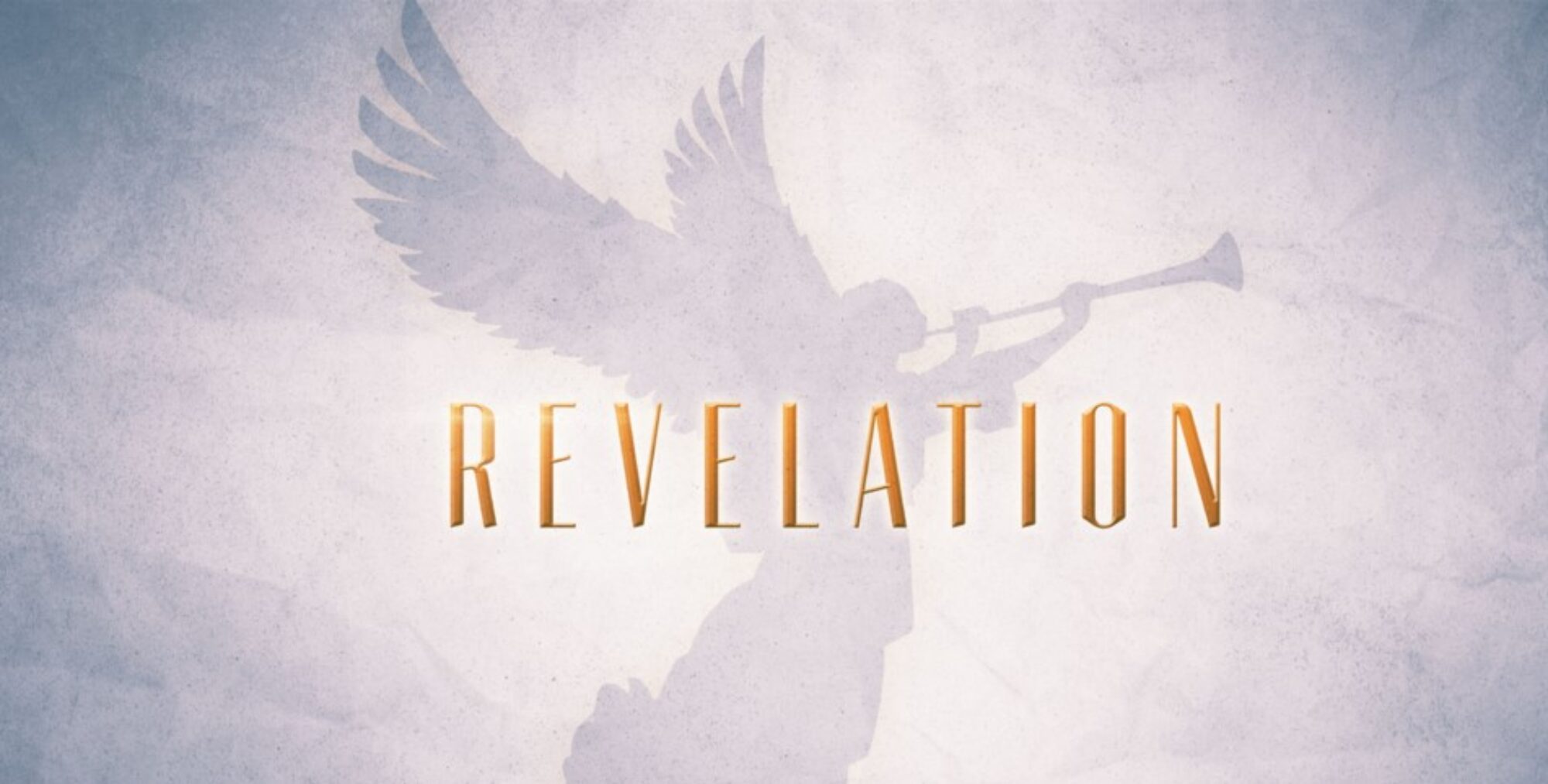Offensive title, eh? What do you figure this post will be about? About racism? About how we shouldn’t still see ourselves as slaves of sin, but as free men? About how slaves get into a slave-mindset that’s hard to break, like men who’ve been in prison for decades?
Actually, it’s about going to church — and many other things.

In Why you need to be in a church this Sunday, I laid out an inductive, cumulative case for why anyone and everyone who names Jesus as his Lord must involve himself, in person, in a “local assembly of believers wherepastors lead, the Word is preached, theordinances are observed, and discipline is carried out.”
Much of the response was positive, personal, heartfelt. Then there were scattered demurrals. Two had in common that they refused to interact with the Biblical content of the post — which is to say, with just about all of the post. Both hate Biblical teaching about authority and submission. As I showed, that means they hate the institution of God, and reject Him (Romans 13:1-7). Thus there really isn’t much to discuss, beyond pleading with them either to repent or toss off the false name of “Christian.”
I might summarize the other “But’s” and critiques in that meta and elsewhere — many of which were doubtless well-meant — thus:
- But I’ve had bad church-experiences (accompanied by many and varied details and stories)!

- But it’s hard to find a good church!
- But it’s hard for me to be with people!
- But churches sometimes aren’t friendly and welcoming!
- But I’ve had really, really bad church-experiences (accompanied by many and varied details and stories)!
- But I’ve known bad and abusive and lame and inept and unfit pastors!
- But that’s just barking out commands and duty, not explaining how it’s really good for me!
- But God just hasn’t led me to a church; just to the internet!
- But the churches around here aren’t all that good!
Now, I’ll be candid with you, shall I? At first scan, that looks like a fairly diverse list of eight or nine different reasons, doesn’t it? And you’re thinking, “Yikes, if he responds to every one, this is going to be a long, long post.”
But no. I can roll them all together, and deal with them all in one. Every one of these excuses, though presented in great deal and with great conviction, shares the very same fatal flaw.
the Christian life
as a process of
negotiation.
 That is, among the demurrals, there wasn’t one serious and honest attempt to counter the Biblical case. It was tacitly accepted by most that the Bible indeed does paint us into that corner: God says that He expects us to be involved, in-person, in a local assembly. God said it, yes… but!
That is, among the demurrals, there wasn’t one serious and honest attempt to counter the Biblical case. It was tacitly accepted by most that the Bible indeed does paint us into that corner: God says that He expects us to be involved, in-person, in a local assembly. God said it, yes… but!
Now this sort of thinking is perfectly appropriate, if God and we are peers.
But it is wholly inappropriate if God is our Lord, and we are His slaves.
 What is the tenor of our relationship, as depicted in Scripture?
What is the tenor of our relationship, as depicted in Scripture?
“If you love Me” — what? “If you love Me, you will give Me a shot at convincing you that My way is in your best interests?” Is that how you read? Or is it not, “If you love Me, you will keep My commandments” (John 14:15)?
“This is love for God that we” — what? Is it “that we wait until we feel led, and find it easy and stress-free and effortless, to give the nod to His suggestions”? Or is it not “that we keep His commandments” (1 John 5:3)?
Is the person called to Christ as a freeman Christ’s peer, His debating opponent? Or is he not Christ’s slave (1 Corinthians 7:22).
Are we to keep the parts of our body as our own, to use at our convenience and according to our preferences? Or are not rather we to present them all as “slaves to righteousness, which results in sanctification” (Romans 6:19) — which would include getting them to church, whether it was convenient and easy or not?
And if it be countered that we are not merely slaves, but also sons, I’d have more questions. Is a son his father’s peer? Or does a son not owe his father honor and obedience (Deuteronomy  21:18; Malachi 1:6; Colossians 3:20)? If so with our earthly fathers, is it not much more the case with our heavenly Father (Hebrews 12:9)?
21:18; Malachi 1:6; Colossians 3:20)? If so with our earthly fathers, is it not much more the case with our heavenly Father (Hebrews 12:9)?
Look, this is a crucial point, whether we’re talking about church attendance, or doctrine, or marriage, or any other area of Christian living. When we respond to Divine commandments with a “But” or a series of excuses, we echo the Serpent, and treat God as our peer — or our inferior.
This is not thinking like a slave. And make no mistake: if we are not slaves of God, then we are slaves of sin (Romans 6:15-23). But we are slaves!
So here’s where the rubber meets the road: what do you do when faced with a clear commandment, with clear teaching of Scripture, that crosses your will? Today, it just happens to be the fact that you need to be involved in church, learning and growing, serving and submitting and accountable.
Tomorrow it will be how you treat your spouse, or whether you keep your pants/dress on, or whether you keep your hand out of that guy’s pocket, or whether you keep your fingers from around his throat, or whether you deny or fudge that unfashionable doctrine.
You see? It’s all one. Jesus is Lord, or we are. If we are, He isn’t; if He is, we aren’t.
You and I need to think like a slave; and not only a slave, but a crucified slave, who has died to his old master, and come to life for another.
Then you and I take our truckload of excuses and rationales and dodges and rationalizations, we say “Yep, I’m going to need help,” we take them and ourselves to the Cross, we count ourselves dead to them, we plead for the enabling grace of God…
…and we obey.
Here’s the practical key, then: move the “but.”
Until now, it has been: “God says to obey, but I have these  excuses/challenges/difficulties.” And so you don’t start. The issue is still whether to obey. This thinking ill-befits a slave, much less a son.
excuses/challenges/difficulties.” And so you don’t start. The issue is still whether to obey. This thinking ill-befits a slave, much less a son.
From now on, it must be “I have these excuses/challenges/difficulties, but God says to obey.” And then you start. Now, the issue is not whether, but how. This is thinking like a slave, and thinking like a son.
Move that “but.”
Then move yours.
and fails to do it,
for him it is sin
(James 4:17)

